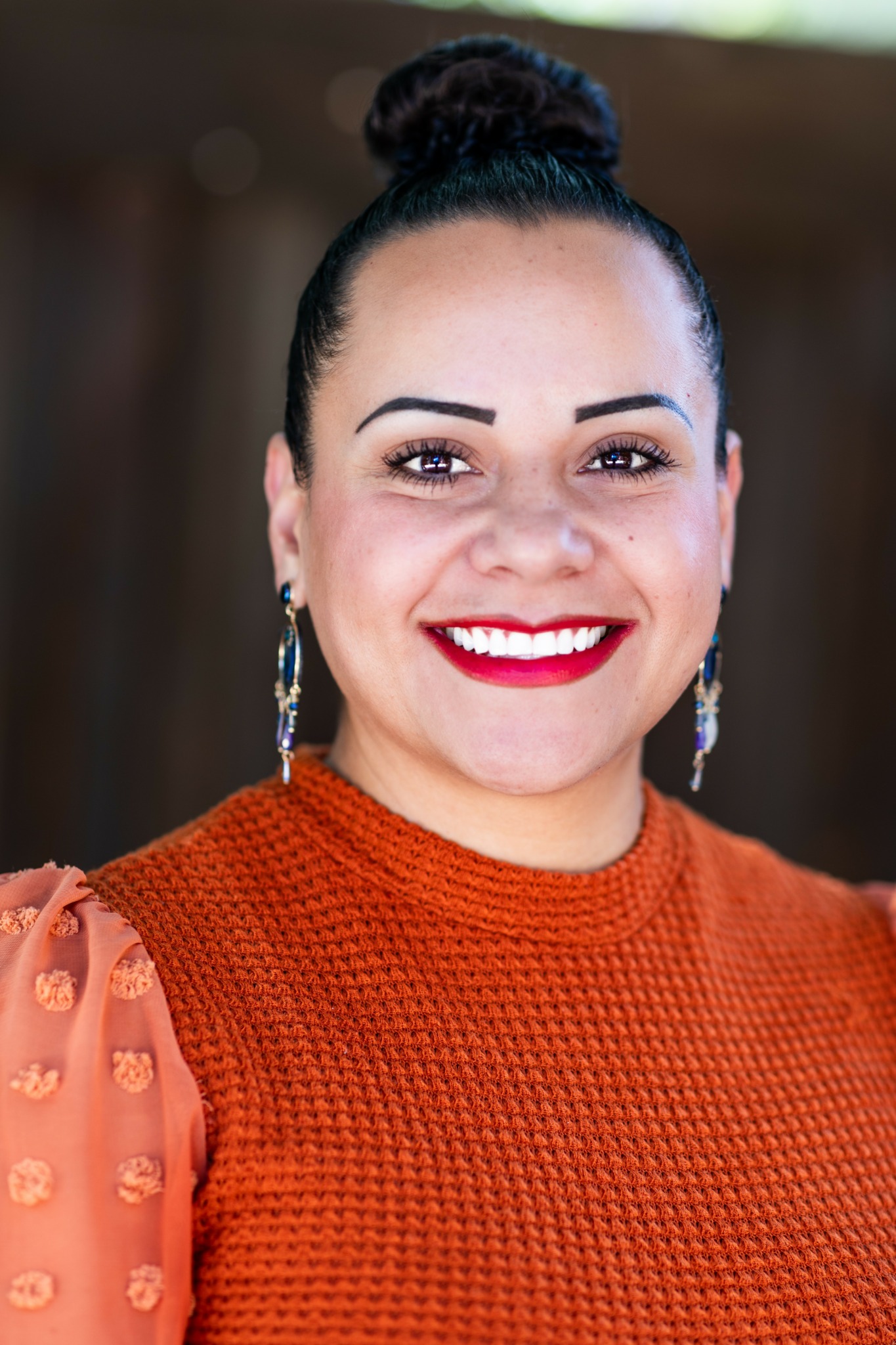We’re excited to introduce you to the always interesting and insightful Martha Lilia Soto Ceballos. We hope you’ll enjoy our conversation with Martha Lilia below.
Martha Lilia, thanks for taking the time to share your stories with us today Any thoughts around creating more inclusive workplaces?
Throughout my professional and personal journey, I have encountered many experiences that have shaped my perspective and approach on inclusivity. One of the most impactful lessons came from working in environments that claimed to be inclusive and culturally responsive but, in practice, often implicit bias would get in the way. Too often, leadership would encourage staff to be vulnerable and advocate for their communities, yet unconscious bias within those in positions of power (hence implicit bias) created barriers that ultimately would block or prevent innovative initiatives to create and foster inclusivity and cultural responsiveness.
Though these experiences were painful, it was the collection of these painful experiences and the beginning of the COVID-19 pandemic (in 2020) that gave space for a pivotal moment of growth in my personal and professional journey. It reinforced my understanding of the systemic challenges that exist and, more importantly, fueled my determination to take a more proactive approach in striving to create (and maintain) an inclusive and responsive workplace. From that challenge Inclusive Minded Counseling and Consulting was born- an initiative driven by the belief that inclusivity must be intentional, actionable, continuous, and deeply embedded in the business or organization’s culture and values.
Looking back, I’m grateful for that difficult chapter in my life because it pushed me to rethink what inclusivity looks and (most importantly) FEELS like, and to take meaningful steps toward creating spaces where the business’s team and clients are genuinely heard, seen, valued, and empowered.
I’m a very passionate advocate for equality and justice for ALL and it is important for me to participate with and give back to my communities. This is why I’m a member at committees that work towards integration and equality in mental health services for all Utahns, and also this is why Inclusive Minded collaborates with non-profits that support sexual assault and domestic violence survivors.
I had the great pleasure to be part of a needs assessment (published in 2021), and its developing process until its completion (listed under acknowledgments in this report with my former name Martha Mendes). It took months of hard work and dedication of many people from organizations, community members, committee members, workgroup members, liaisons, consultants, allies, and the Utah Department of Human Services.
I’m saying this because my advice for creating a more inclusive workplace is based on this statewide needs assessment (in Utah, EUA), and my personal experience as a consumer and client.
*I will share the link to the full needs assessment report below, it is public records.
1) Increase excluded groups representation and education:
Organizational Level:
– Excluded groups need to be better represented in leadership.
– Agencies & businesses need to make meaningful connections with community members and grass roots organizations.
Structural Level:
-Increase representation within organizations and stronger connections with excluded communities.
Treatment | Service Level:
– Staff / Team need more knowledge about excluded groups and need specific skills in order to provide culturally sensitive & responsive services.
Systemic Level:
-Include excluded groups in the processes used to develop clinical instruments and establish best practices.
-Include excluded groups in all policy decision making.
-Improve higher education programs that are culturally responsive and culturally grounded.
2) Be part of the change: seek for trainings that raise your team’s awareness, attitudes, knowledge, and skills in regards to inclusion and cultural/ethnic responsiveness. Keep in mind that while increasing a diverse representation in your team and positions of power, it is required to increase the team’s self-awareness, awareness of their and others’ worldview.
These suggestions come from what I have learned in my journey of rethinking what inclusivity looks and FEELS like, and from the statewide needs assessment that was conducted in my state of Utah.
This needs assessment focused on 4 groups with the biggest gap on disparities in Utah: 1) Black, Indigenous, People of Color (BIPOC); 2) Lesbian, Gay, Bisexual, Transgender, Queer (or questioning), Intersex, and Asexual- with the + representing other sexual orientations and gender identities (LGBTQ+); 3) People with Developmental Disabilities; and 4) Transition-Age Youth & Young Adults (ages 14-26).
You can read the full needs assessment in the “Digital Public Library of America’s website at: https://dp.la/item/0d88051c11f4e90dbb247a9891a7b064
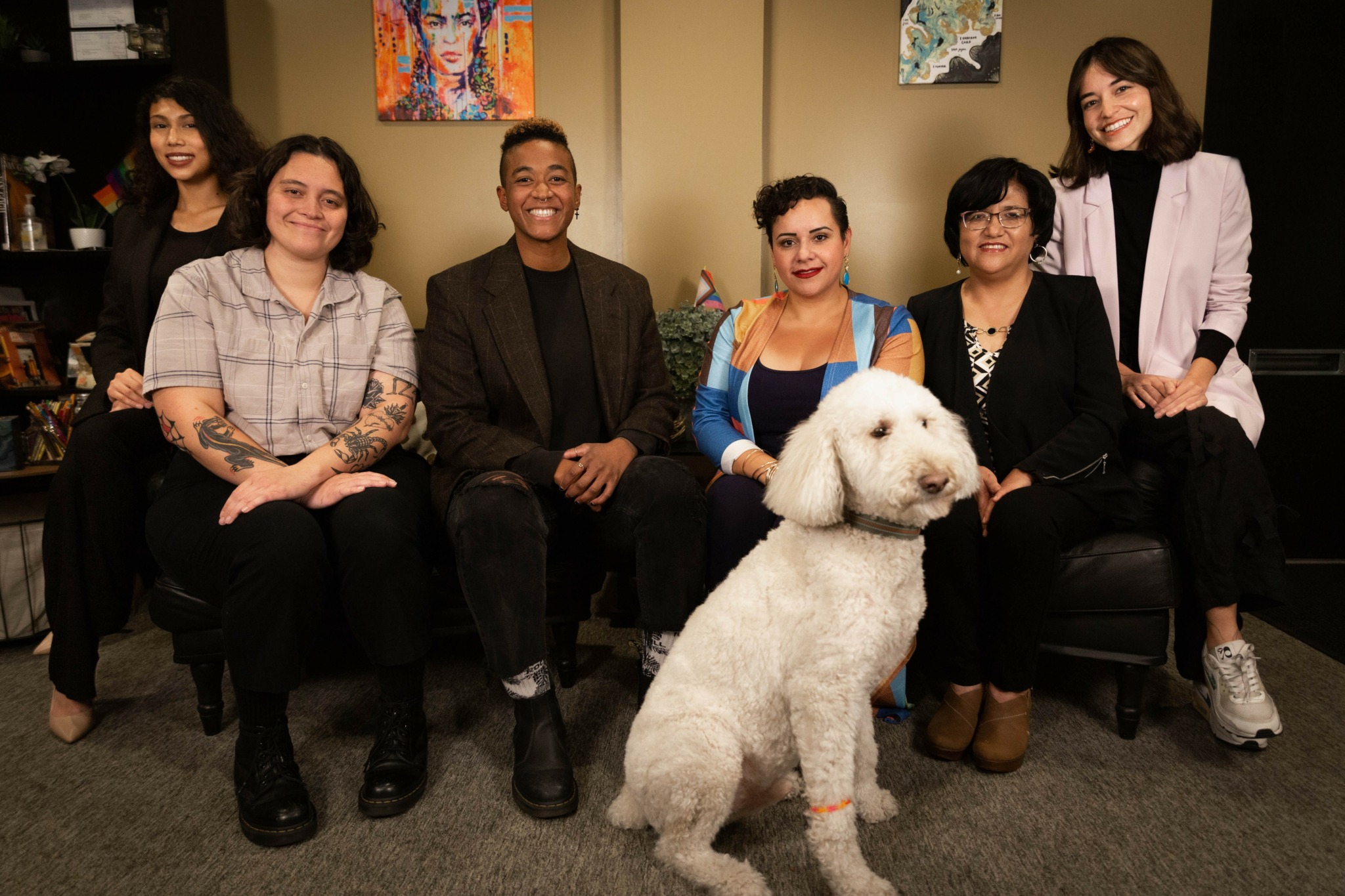
Awesome – so before we get into the rest of our questions, can you briefly introduce yourself to our readers.
When I was developing and setting the foundation of my business, Inclusive Minded Counseling & Consulting, LLC, I knew that it had to align with my values & principles because I wanted to continue to support my communities. Serving undocumented, underrepresented, and oppressed individuals, families and communities feels very special because I come from these communities. Inclusive Minded was opened to business in October 2020 as a “solo practice”, in the middle of the COVID pandemic. Over the past 4 years it has grown and flourished into a beautifully diverse and talented group practice with several trauma-informed, multilingual therapists who are passionate about serving their communities in a culturally responsive and inclusive manner; and our clinical team continues to get bigger!
Our mission at Inclusive Minded is to provide quality and trauma-informed therapy services, in Spanish and English, that are racially & ethnically inclusive and responsive to Black, Indigenous, People of Color (BIPOC), LGBTQ+ individuals, and Spanish speaking persons. And to educate our communities about racial and ethnic integration, and advocate for equity in mental health services and substance use disorder programs in Utah.
The services we offer include in-person and telehealth individual therapy (ages 16 and up), virtual support groups, professional consultation, public presentations, trainings & workshops; ALL of our services are available in Spanish & English, including groups. Furthermore, we strive to open access to our BIPOC, LGBTQ+, and Spanish speaking communities, so we’re in-network with several health insurance companies (you can visit us at www.inclusiveminded.com to see the list of insurance we accept), the Utah Crime Victim Reparation Program (CVR), and we accept self-pay.
I’m most proud of our beautifully diverse and talented clinical team that counts with several BIPOC trauma-informed, multilingual therapists who are passionate about serving their communities in a culturally & ethically responsive and inclusive manner.
My hope is to be able to continue to serve my communities in more creative and inclusive ways, and to be a positive reference for my two beloved children, my communities, and future generations.
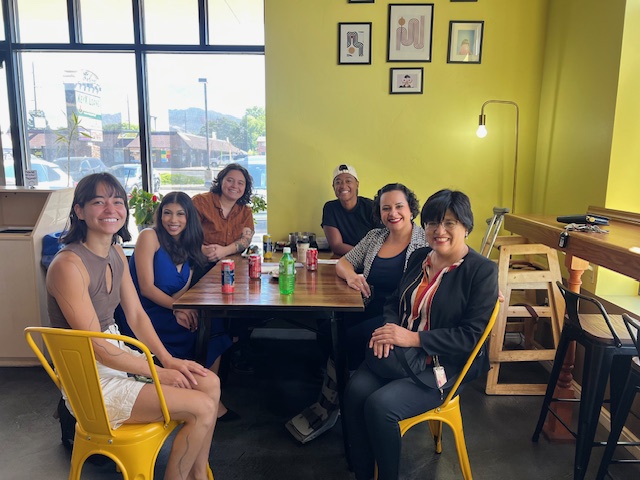
We often hear about learning lessons – but just as important is unlearning lessons. Have you ever had to unlearn a lesson?
As a woman of color (WOC) and an immigrant, I navigate a world that often tells me- both subtly and explicitly- that I’m not good enough, I’m not smart enough and that I’m too much. Our society conditions many of Black, Indigenous, People of Color (BIPOC) to believe that success is something we must constantly prove we deserve rather than something we are inherently worthy of. My journey has been one of unlearning these limiting beliefs, challenging the dominant narratives that sought to define me, and reclaiming my own story (sharing my counter-narrative). It has meant pushing back against the doubts ingrained in me from childhood and reinforced by the world around me. But in doing so, I have come to understand my worth- not as something to be earned, but as something that has always been mine.
My story is a counter-narrative, a testament to resilience, and a reminder that we all belong in the spaces we dare to step into.
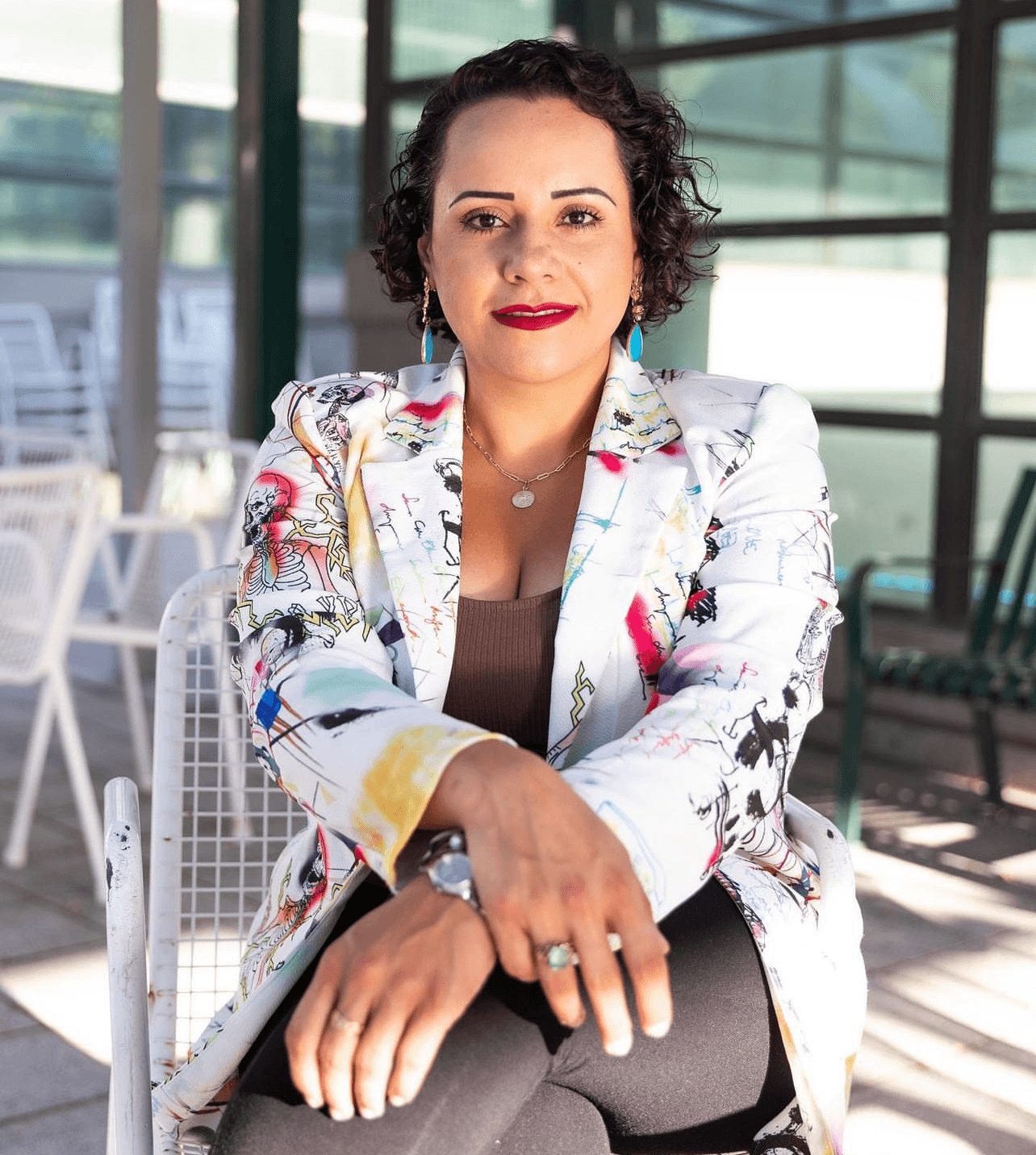
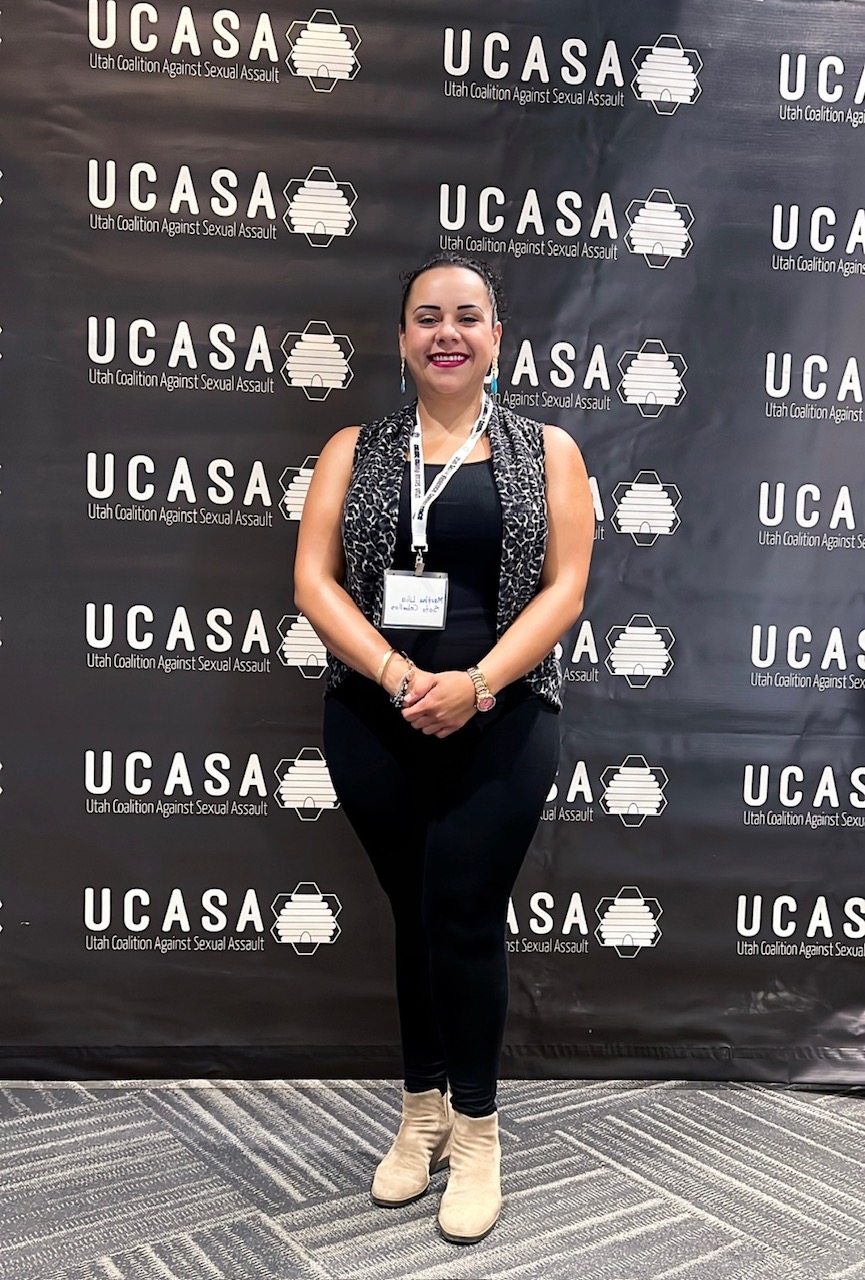
What’s been the most effective strategy for growing your clientele?
One of the key factors that has influenced our ability to grow our clientele is our strong commitment to our mission and values. From the very beginnings of Inclusive Minded, we have prioritized integrity, respect, and transparency, ensuring that our clients (and our team) always know what to expect when they engage with us. By providing trauma-informed care, we create a space that is not only supportive but also consistent and predictable- where honesty, respect, and transparency are at the core of everything we do.
Over the years, despite challenges, our commitment has remained strong and devoted to our clientele and our Inclusive Minded team. Our clients and communities have witnessed how we navigate difficulties while staying true to our mission and values, which has deepened trust. As a result, referrals have become more natural- people feel confident recommending Inclusive Minded because they know exactly what we stand for. This trust has been instrumental in our growth, reinforcing the impact of our work and community engagement, and expanding our reach within the communities we serve; BIPOC, LGBTQ+, and Spanish speaking communities in Utah, EUA.
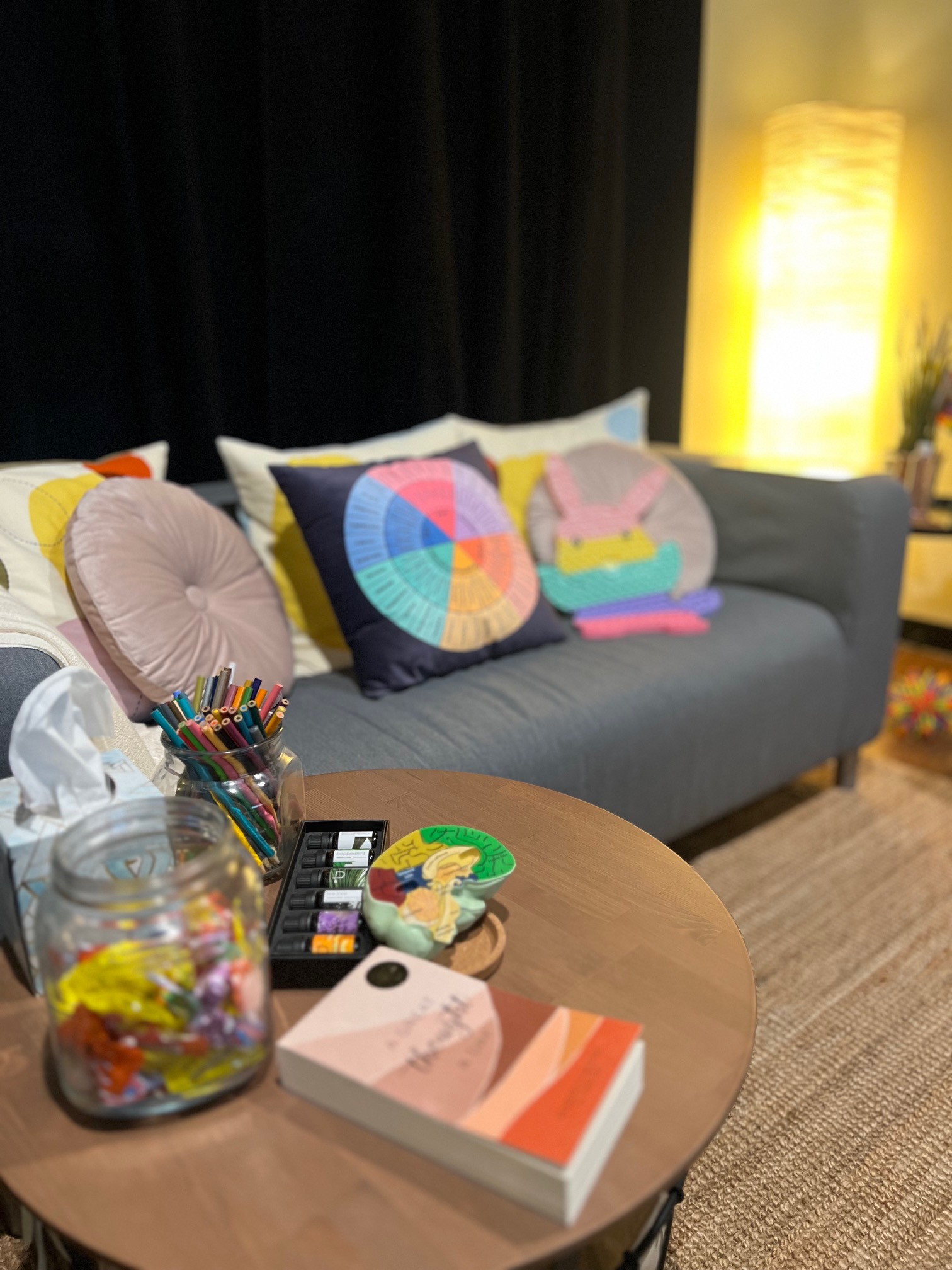
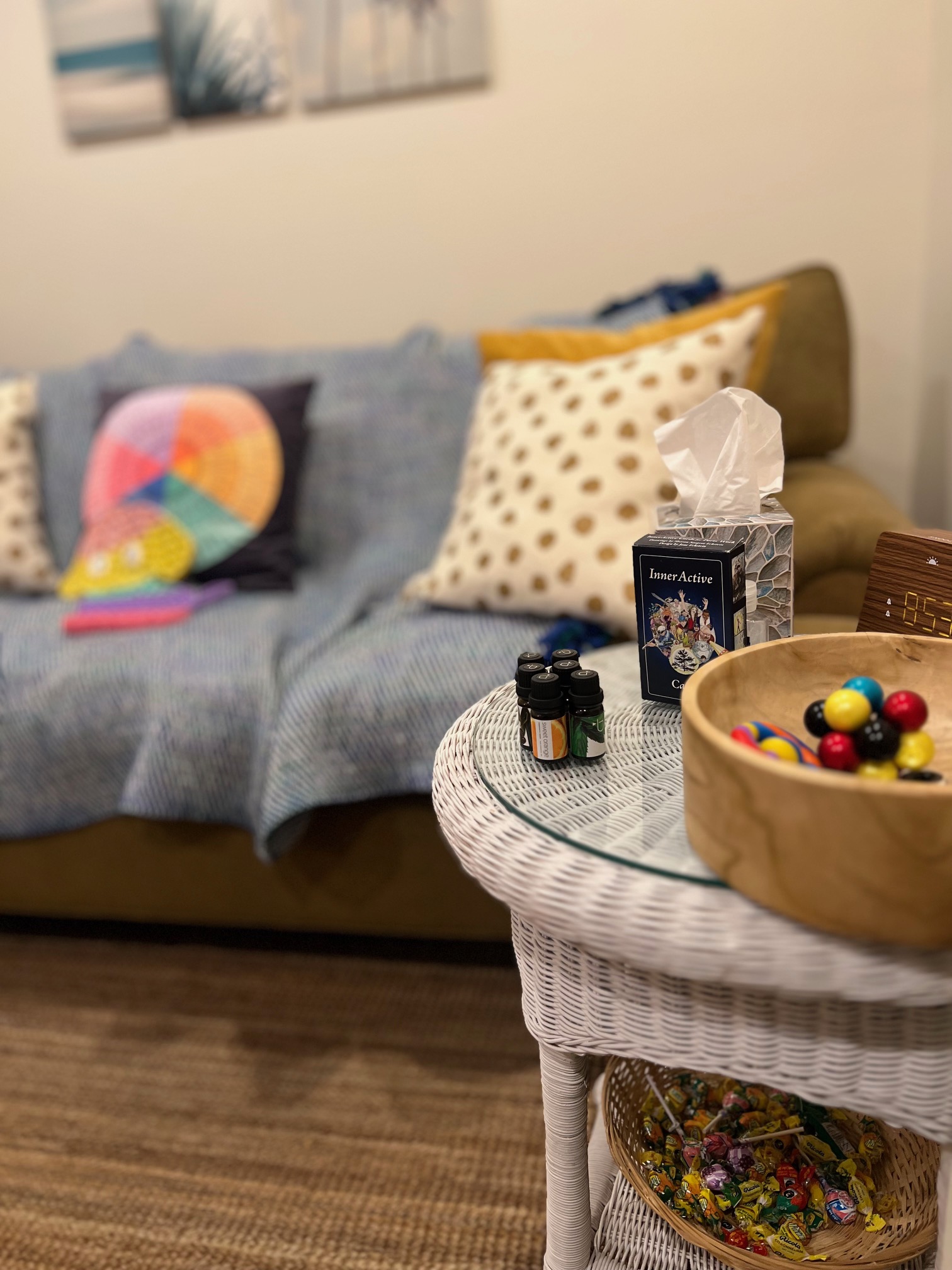
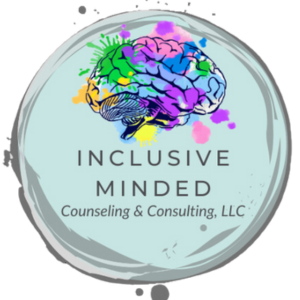
Contact Info:
- Website: www.inclusiveminded.com
- Instagram: https://www.instagram.com/inclusive.minded/
- Facebook: https://www.facebook.com/inclusive.minded
- Linkedin: https://www.linkedin.com/company/inclusive-minded/
- Youtube: https://www.youtube.com/channel/UC5m9FYfg661pIPR8GJokXbw?sub_confirmation=1
Image Credits
Photographers: – Miguel Angel Sanchez Garcia – Photographer at Kairos Billing Solutions Provider event – Martha Lilia Soto Ceballos (some picture I took myself)


